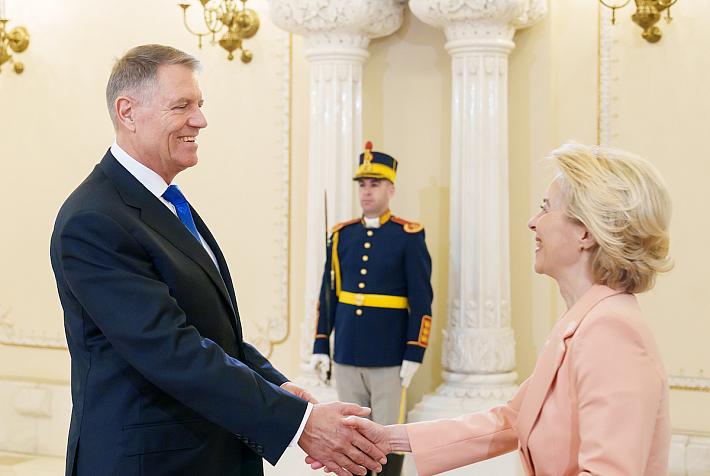Parliamentary elections in Romania: Some 6,500 candidates at the starting line, new rules

The electoral campaign for the December 11 parliamentary elections kicked off on Friday, November 11, with some 6,500 candidates at the starting line.
The political parties and independent candidates have 29 days to convince people that they have the best solutions for Romania. The new Parliament will be made of 466 MPs, down from 588 in 2012.
One deputy can represent 73,000 people, while a senator can be the representative of 168,000 citizens, reports local Mediafax.
Another difference from the 2012 elections is that the candidates are no longer allowed to give away money or goods to potential voters to convince them to give their votes to a certain list of candidates, or to a certain candidate. Those who don’t respect the law face prison sentences between six months and three years.
Moreover, the “traditional” picnics, concerts, and fireworks the political parties used to throw in previous elections to draw votes are no longer allowed this year. The law also bans the distribution of pens, mugs, watches, t-shirts, hats, bags, buckets, lighters, or any other such propaganda materials that were very popular in previous elections.
Another change is that the candidates can no longer use vehicles inscribed with slogans, or which broadcast audio materials. Moreover, they can no longer promote themselves through big banners, meshes, fixed or mobile billboards, flags, or luminous advertising.
The electoral posters will also be smaller than in previous years, with maximum dimensions of 50 cm by 35 cm. Also, the posters that combine colours and other symbols, so as to evoke the national symbols of Romania, are banned.
Similar rules were also applied to the local elections organised in Romania earlier this year.
For the first time, the activity in the polling stations will be registered both video and audio after 21:00, the hour when the polling stations will shut down. The recording will continue until all station members leave the place.
In terms of money, the candidates will have a budget equal to maximum 60 minimum gross salaries. However, the expenditures done during the campaign can’t be higher than the electoral contributions submitted.
The Romanians abroad will have 417 polling stations available for the parliamentary elections, 123 more than at the presidential elections in 2014 when many Romanians lined up in huge queues, with some of them not being able to vote at all due to the small number of polling stations.
The Government will allocate RON 227,7 million (more than EUR 50 million) for organizing the parliamentary elections.
The parties that have submitted lists of candidates at the Central Electoral Bureau are the National Liberal Party (PNL), the Social Democratic Party (PSD), the Democratic Union of Hungarians in Romania (UDMR), the Popular Movement Party (PMP), the Alliance of Liberals and Democrats Party (ALDE), the United Romania Party (PRU), Our Alliance Romania, the Save Romania Union Party (USR), the Romanian Socialist Party (PSR), the Great Romania Party (PRM), and the Romanian Ecologist Party (PER).
Several independent candidates will also try their luck in the elections, including former ministers Elena Udrea and Theodor Paleologu.
Romania will organize parliamentary elections on December 11. Those who want to vote in the parliamentary elections, can only do it in their home city or, if they are not there, in another city located in the same county. The Permanent Electoral Authority (AEP) informed that the number of voters included in the electoral register, including citizens who will turn 18 by December 11, amounted to 18.9 million on November 8.
Romanian students could get a day off to vote in parliamentary elections
Survey ordered by the liberals shows the social democrats in the lead for parliamentary elections
Irina Popescu, irina.popescu@romania-insider.com















